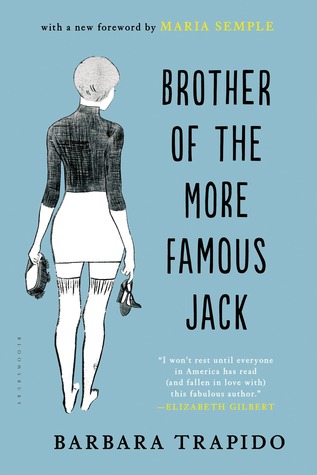contact me
Hi! I'm Lindsay Ferrier. You might remember me from a blog called Suburban Turmoil. Well, a lot has changed since I started that blog in 2005. My kids grew up, I got a divorce, and I finally left the suburbs for the heart of Nashville, where I feel like I truly belong. I have no idea what the future will hold and you know what? I'm okay with that. Thrilled, actually. It was time for something totally different.
Africans, Victorians, Aging Actors, and Anne: Here’s What I Read Last Month
August 28, 2017
My last month of reading was notable because it included one of the best books I’ve ever read — as well as one of the worst.
Overall, it was a good month for reading — I can enthusiastically recommend that you check out three of the books I read, if you haven’t already, and I can also enthusiastically recommend that you SKIP the other two.
Here goes…

Homegoing, Yaa Gyasi
Homegoing is an epic, compelling novel and one that I believe should be required reading for high school students. It follows the family tree of two African half-sisters, starting in the mid-1700s and continuing into the present day. In just 300 pages, author Yaa Gyasi covers human trafficking, slavery, the effects of colonization on the tribes of Africa, and the impact that this troubled history continues to have on African Americans and race relations in the U.S. right into the present day. I was riveted by this book, and I know I’ll be thinking about it for a long time to come.
Homegoing is not a perfect novel — Some of Gyasi’s stories in this book sing and provoke deep reflection while others (particularly as she nears the present day) seem slightly more labored and less lyrical – As the generations progress, a few of Gyasi’s characters didn’t come alive for me in quite the way the others did earlier in the novel. Overall, though, Homegoing is an excellent debut and an invaluable novel in helping young people really begin to understand our American history and some of the problems we face as a nation today. I look forward to both my children reading it when they get a little older.
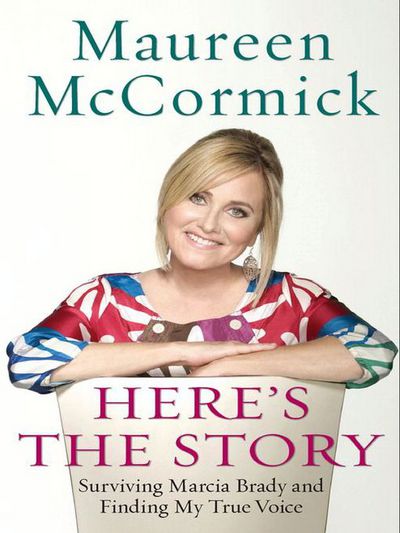
Here’s the Story, Maureen McCormick
I read this book because I was a huge Brady Bunch fan when I was a kid, and because I thoroughly enjoyed Growing Up Brady by Barry Williams. I realized as I started the book that only a portion of Maureen McCormick’s autobiography would be about the TV show that made her famous, but the book was a disappointment from start to finish. McCormick’s memories of The Brady Bunch were either rehashes of previously published anecdotes from the show or were so vague that I got the impression she remembers very little about shooting The Brady Bunch and wrote that section of the book based on accounts she’d read from other cast members.
I was surprised to read about McCormick’s struggles with drugs and depression; she seems very fragile and I’m glad she seems to have a supportive network of friends and family members around her. I applaud her honesty in opening up about her own struggles, however I cringed as she ‘told all’ about each of her family members. While I felt confident that McCormick wrote about her husband and daughter with their approval, I felt that she shared far too many private details about her parents and siblings — and in the end, it seemed that she did so in an effort to publicly defend her elder abuse claims against her brother.
What really killed this book for me, though, was the book’s ending — not really a spoiler since it doesn’t give anything else away about the book. She wrote of a recent humanitarian trip she took to Africa, where she met a 14-year-old girl who was the sole provider for her four brother and sisters after both parents had died of AIDS. The girl struggled to make ends meet, and the family often had to skip meals because she couldn’t afford to buy food. McCormick hugged the girl and the two had an emotional moment together. The girl had a tremendous impact on her, she wrote, and I waited for McCormick to reveal that she had found a way to help the girl and her family and lift them from their dire circumstances.
Nope.
Instead, McCormick told us that in the act of hugging that girl, she ‘found herself.’ ‘It turned out I was perfect-” she writes of her life-changing realization, ‘perfect in my imperfections!’
This final story put the whole book in perspective for me. I had just read three hundred pages of whining from a woman about her mediocre acting career, her mood swings, her body image, her mean relatives, her drug problems, and the way people still INSIST on calling her Marcia Brady. Is it any wonder that when she met someone who was truly in need, McCormick could only think about herself?
Skip this book. I wish I had.
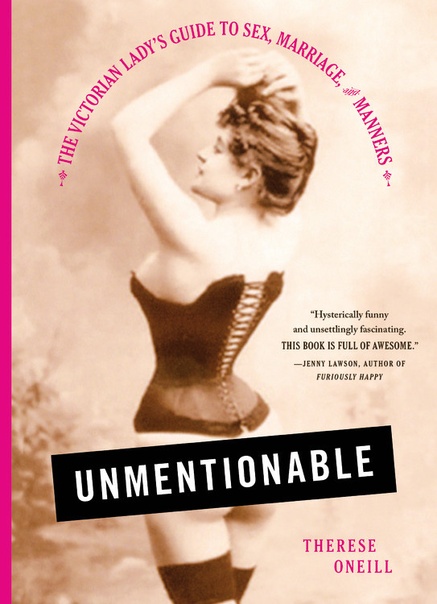
Unmentionable, Therese O’Neill
Fans of the BBC’s ‘Downton Abbey’ and ‘Victoria’ will delight in this snarky glimpse at what life was really like for ladies of the Victorian era. If you’re looking for an earnest academic dissertation, this is not the book for you. Instead, Therese Oneill’s writing feels like you’re getting the inside dish from your snarkiest friend. Unmentionable is light, frothy, funny, and filled with interesting photographs and advertisements from the 19th century. I enjoyed it, and I have a new appreciation for the physical and psychological hardships that even wealthy women faced in Victorian times.
Brother of the More Famous Jack, Barbara Trapido
I love finding and rescuing obscure, out-of-print books. I love reading British novels. I love Maria Temple, author of Where’d You Go Bernadette, who recommended this title.
I did not love Brother of the More Famous Jack.
Brother of the More Famous Jack tells the story of 18-year-old Katherine, who befriends her eccentric college professor and his large, predictably eccentric family. As we follow Katherine from her impressionable teenage years into adulthood, her potentially interesting coming-of-age tale is marred by vast amounts of ‘witty’ repartee between the characters, ‘sophisticated’ discussions of sex, and scores of breezy references to works of literature and philosophy. Not only does it read like a lot of showing off on the author’s part, it’s now incredibly dated since the novel was written in 1982.
In short, reading this book was a disappointing waste of my time.
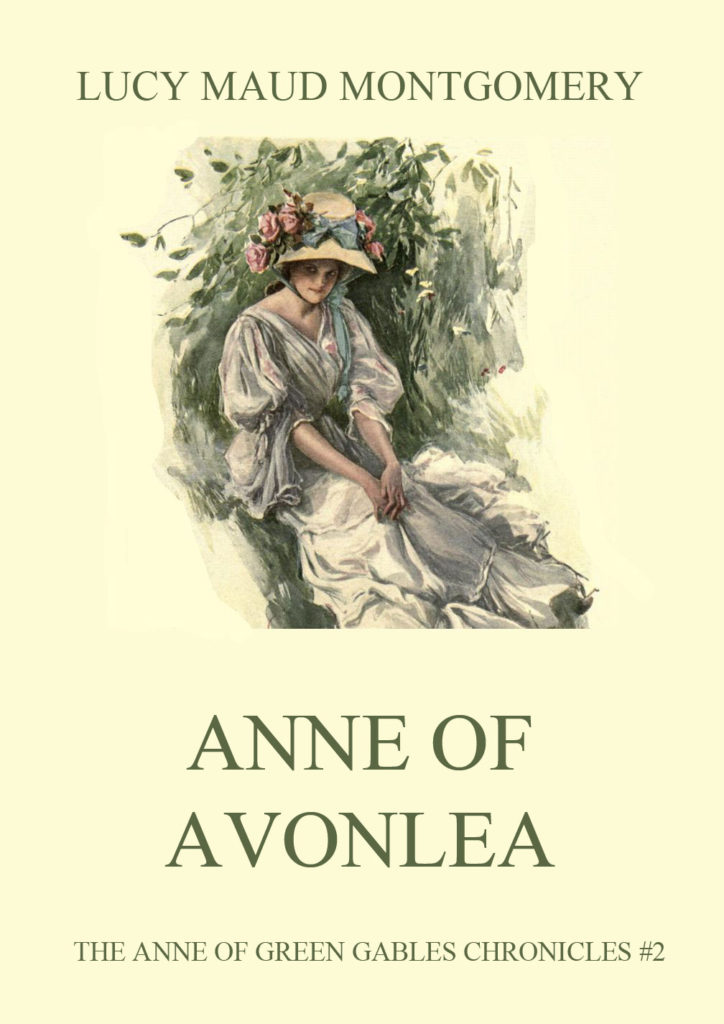
Anne of Avonlea, L.M. Montgomery
My family and I are finishing up (and loving) the first season of ‘Anne With an E’ on Netflix, which inspired me to go back and read the rest of the Anne series– My 13-year-old daughter assures me they’re each as wonderful as the original Anne of Green Gables. And in this case, at least, she was right!
Anne is 16 when the book opens and ready to teach the children at Avonlea’s schoolhouse. We get to read of her exploits and misadventures as she transitions from girl to young woman and to spend time with new friends and old. As soon as I began reading, I was instantly immersed in the world of Prince Edward Island at the turn of the 20th century. From the very first page, the landscape came alive in Thomas Kincaid-like glory and the characters fairly leapt from the page. The experience of reading an Anne novel is altogether delightful, and I was sad when Anne of Avonlea ended. I can’t wait to read book #3.
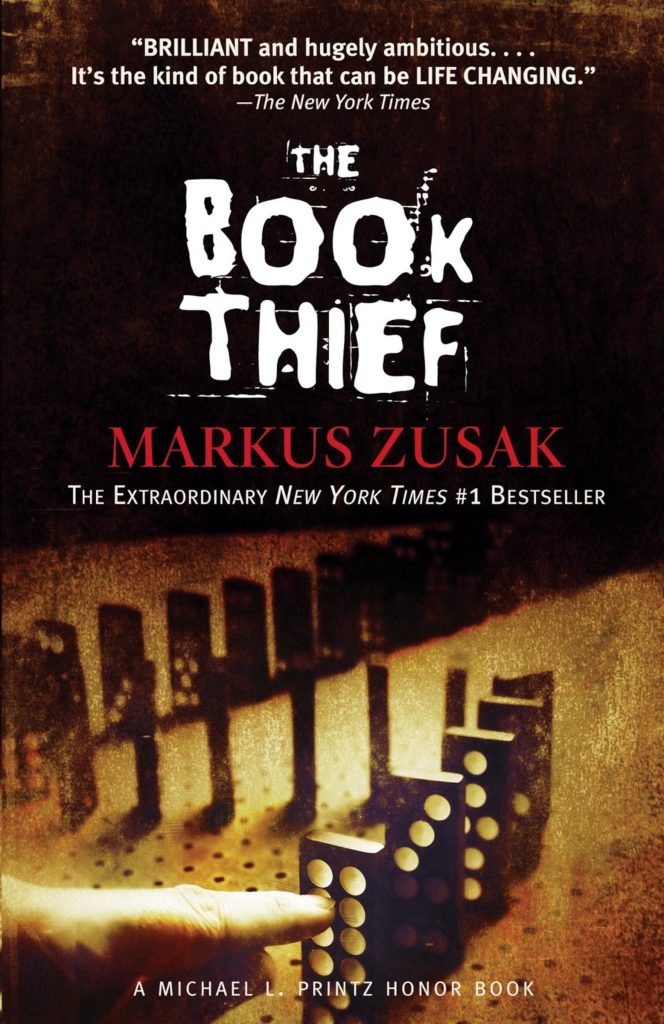
The Book Thief, Markus Zusak
When I got to the last line of this beautiful, heart wrenching novel, I was on a car trip with my family. Not only was I in tears, I literally couldn’t speak for several minutes. That’s the impact The Book Thief had on me.
Narrated by Death, The Book Thief follows the life of a young German girl during World War II and the loved ones (and not-so-loved ones) who move in her orbit. Markus Zusak’s evocative writing made me feel like I was right there in the drab wartime village of Molching, feeling the snow crunching under my feet and the layers of dirt and soot that lay over everything and everyone who lived there.
I’ve read a number of books — fiction and non fiction — about World War II and the Holocaust, and it’s not often that the protagonist is German. That’s one thing I really loved about this book, because we tend to demonize the entire nation of people during that time and I’ve always imagined that the situation for the average German citizen was far more nuanced than history paints it to be. Zusak did an excellent job of helping the reader to understand the fear that must have come from living under Hitler’s regime, the propaganda and the punishments for disobedience, the poverty, and the constant threat of life-ending bombs falling from planes overhead. He also skillfully demonstrated the resiliency of the human spirit, and the way that one small good deed, one act of defiance against evil can change the course of history. The Book Thief is a riveting tale but it’s also a soul-stirring exploration of the extraordinary capability humans have both for good and for evil.
I. Loved. This. Book. It’s going in my top ten of all time. I can’t recommend it enough — My 13-year-old is reading it now for her English class next year and it makes me love her teacher already for assigning it. Read it. And weep.
Your turn! What have you read lately, and what did you think?
This post contains Amazon affiliate links.
Leave a Reply Cancel reply
This site uses Akismet to reduce spam. Learn how your comment data is processed.
